How to liven up your mix with legendary Fairchild compression
We use Universal Audio's superb plugin emulations of this classin compressor to lift up a mix in seconds
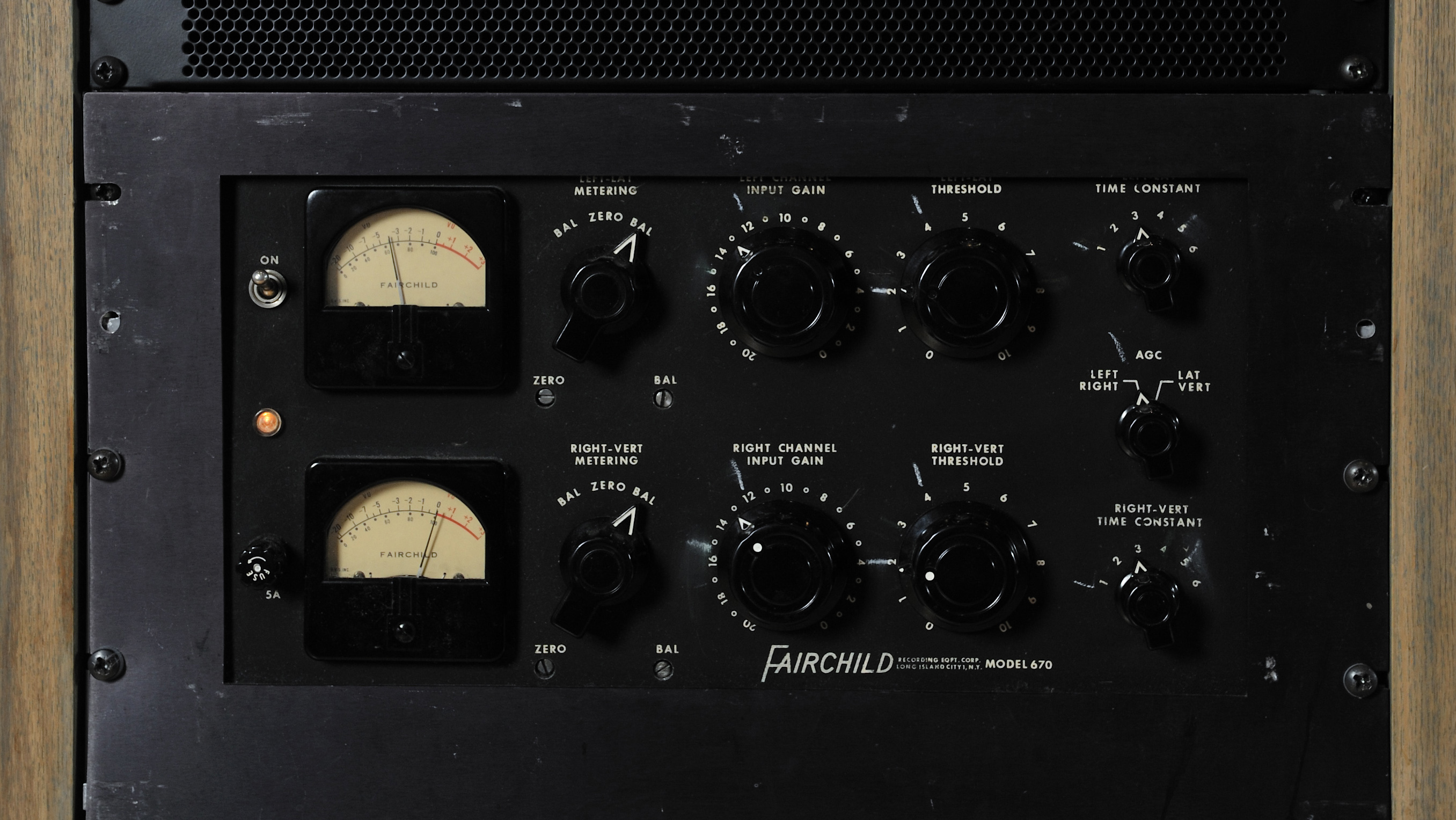
The Fairchild 660 and 670 are among the most iconic pieces of studio hardware ever. One was used by The Beatles in the ’60s, but they’re equally magical on modern mixes.
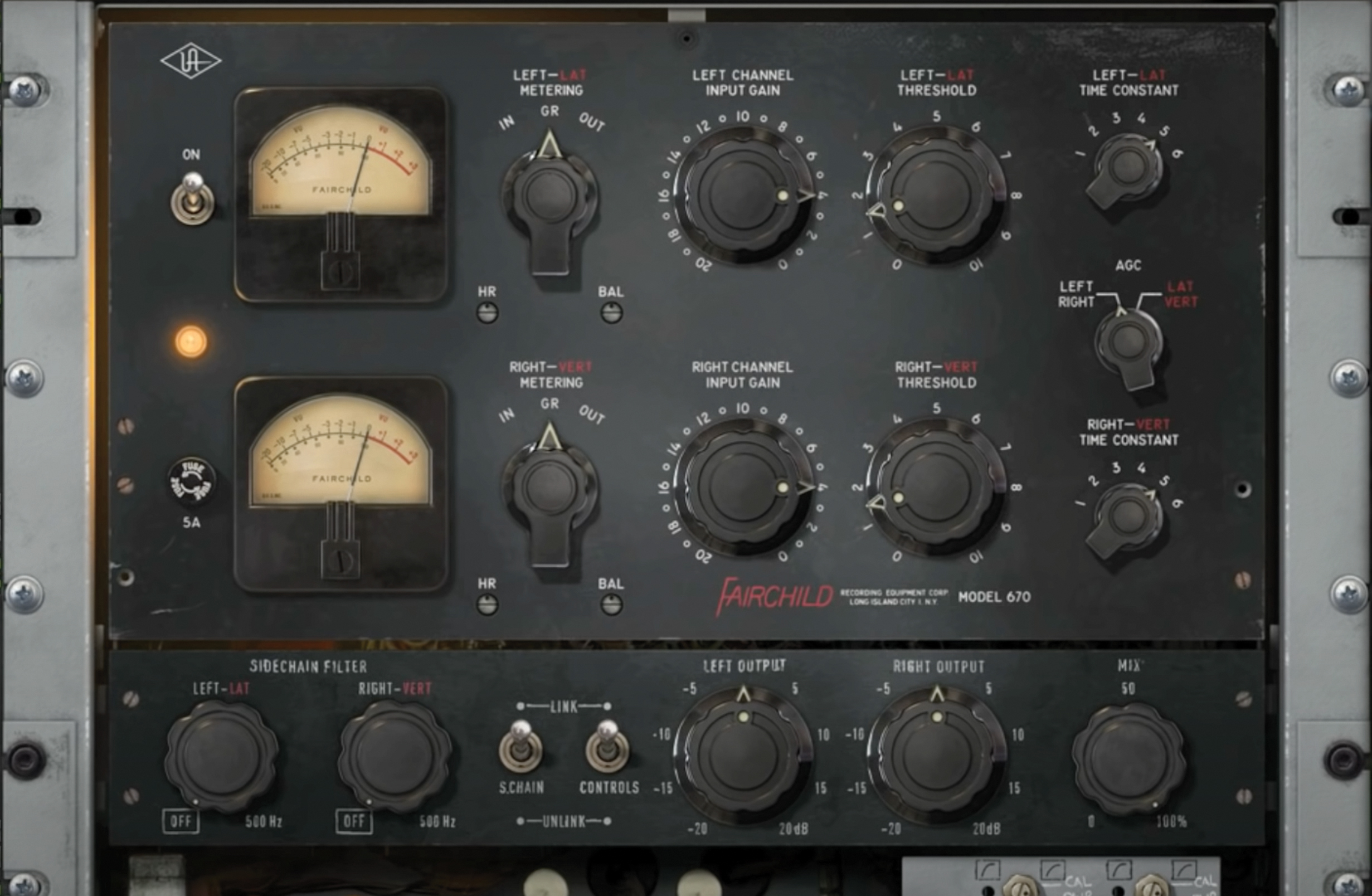
We’re using the Universal Audio Fairchild Tube Limiter Collection, although there are some great emulations from Waves (PuigChild) and Overloud (Comp670) too.
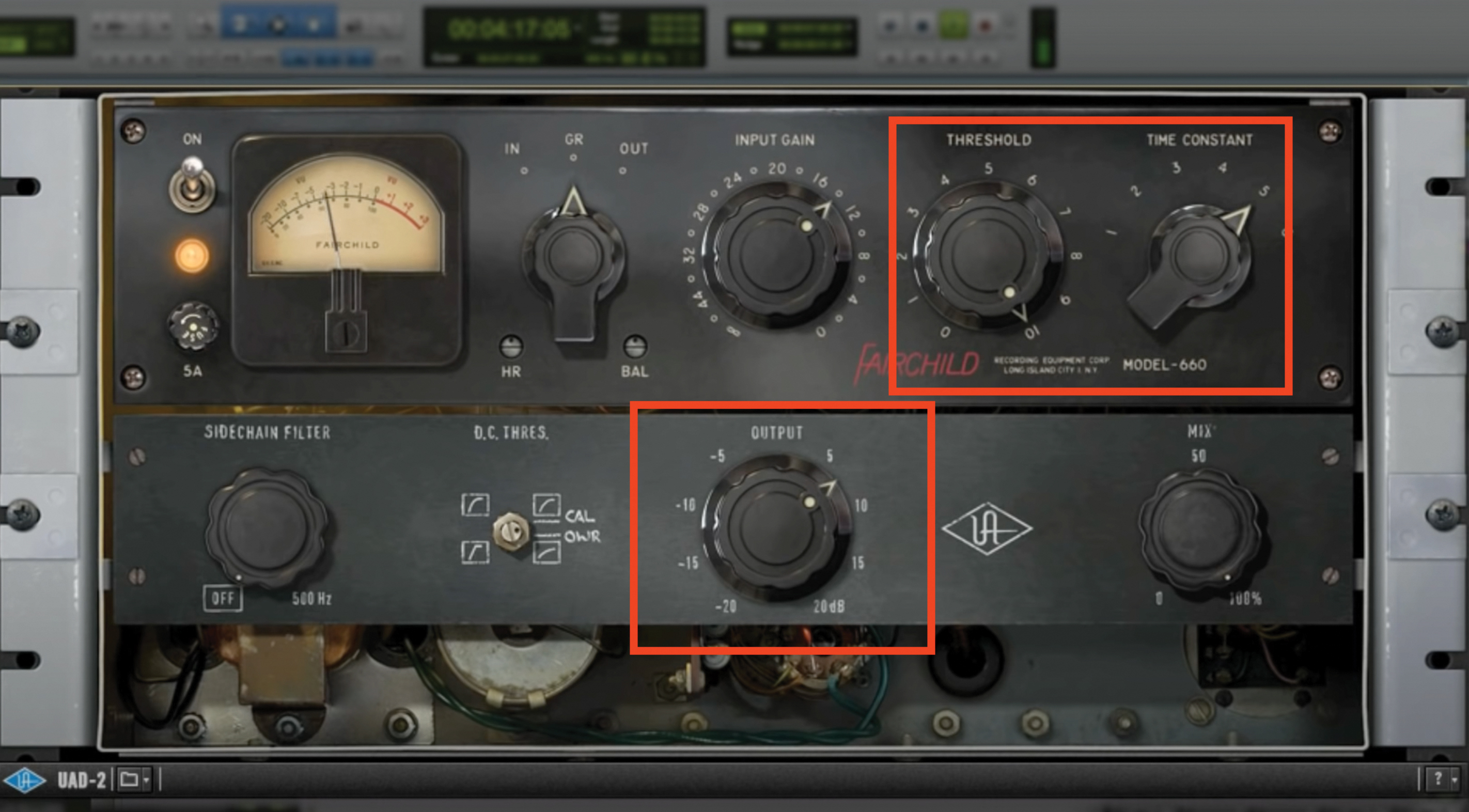
We’ll start with the 660 (mono) unit and a bass sound. Here we’re first trying to tame the notes to keep them level, so we’ll start by taking the attack and release times up (set Time Constant at 5) and increase the makeup gain (Output) to hear it, and put the compression ratio at 10. This should really even out an uneven recording.
- Read more: The beginner's guide to compression
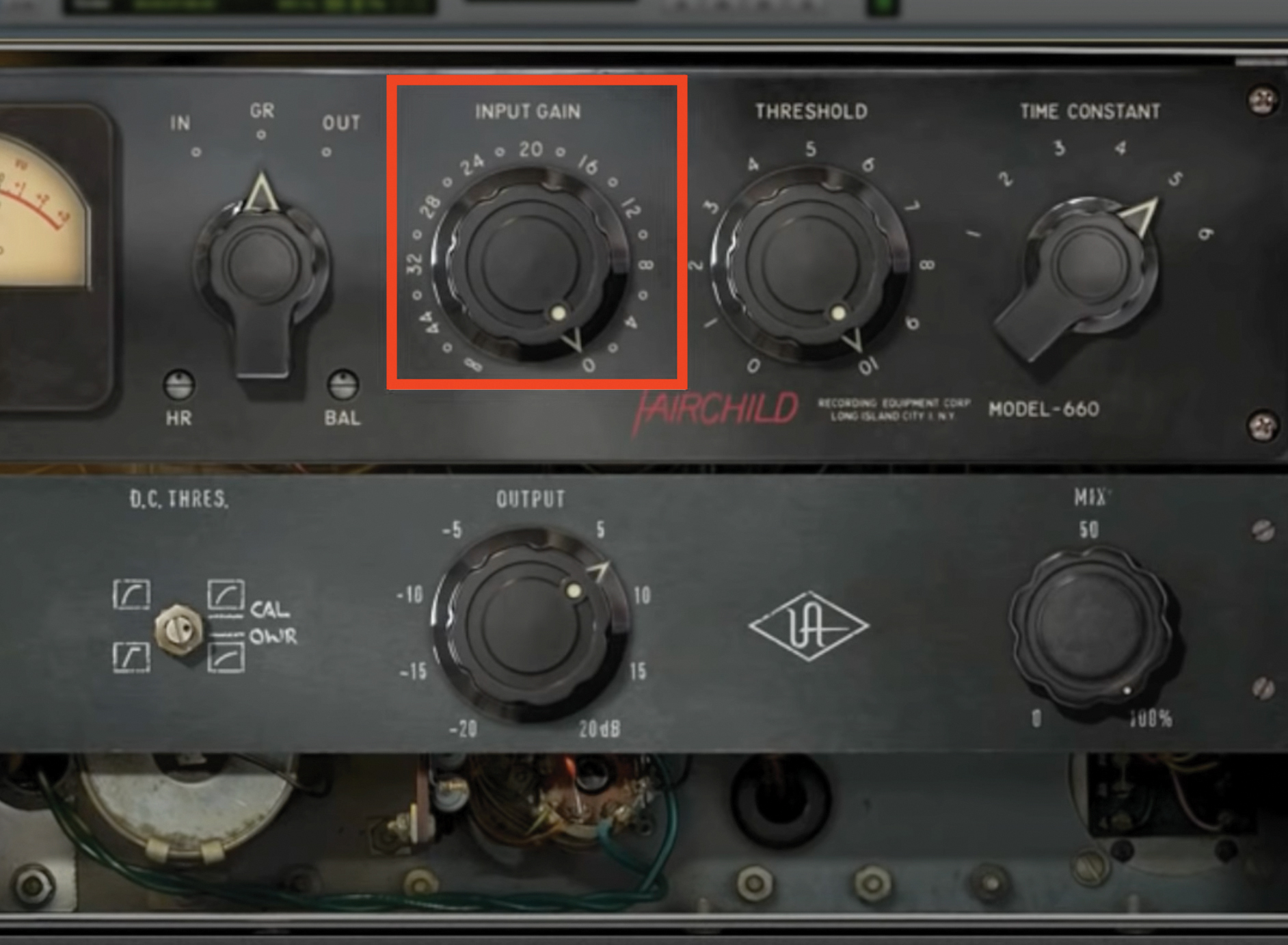
Now we have an even-sounding bass, we can add some overdrive; again, still using the mono 660. First push the Input Gain up to maximum. We’ll also take the attack and release times down from their current Time Constant Value of 5 as we want the signal to quickly recover from the compression.
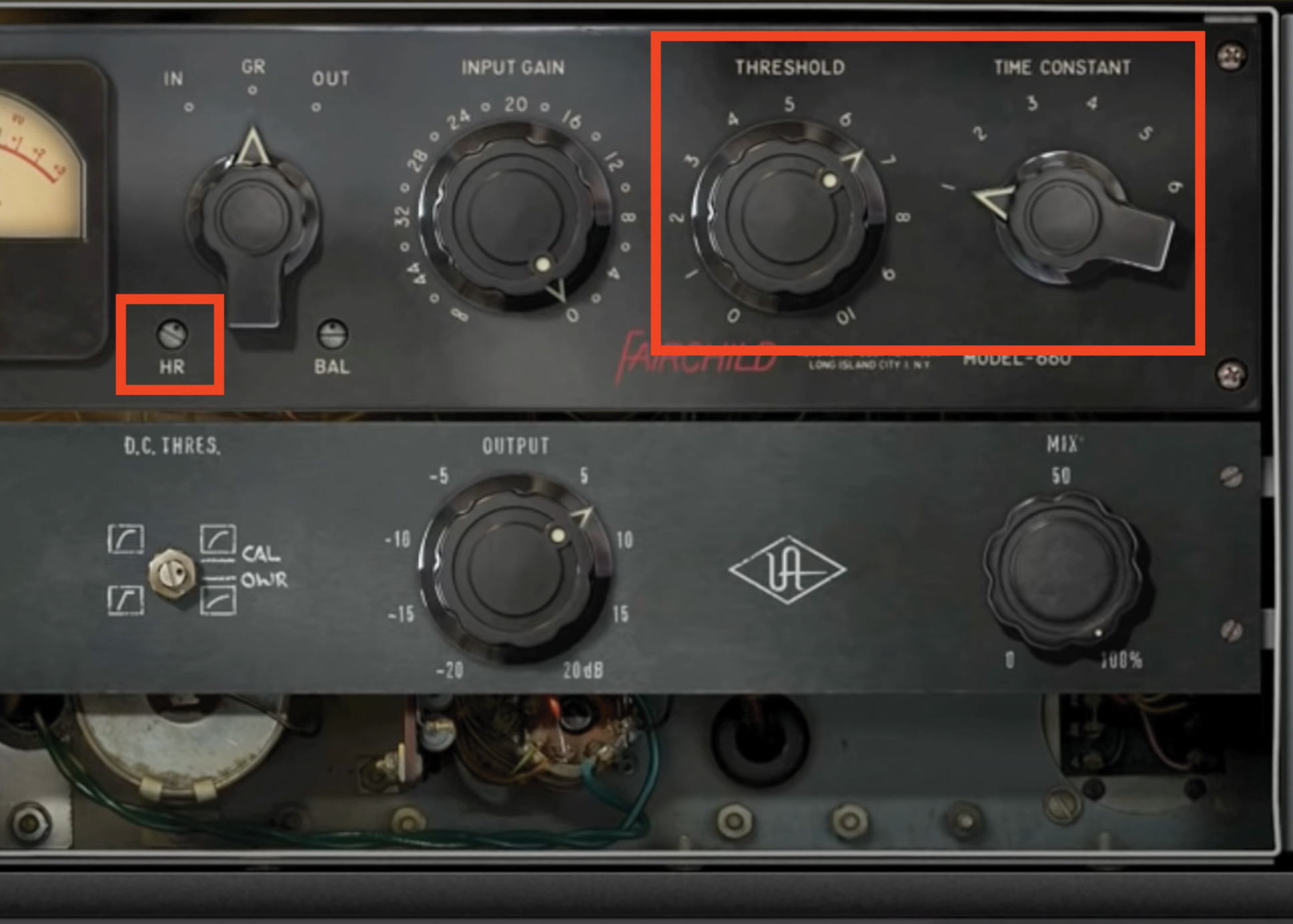
Reduce the Time Constant to 1, then, and the Threshold to about two thirds. Now use the Fairchild’s unique HR (headroom) option to increase the effect. It’s a tiny screw that you can ‘turn’ clockwise to increase the distortion. Now the bass should really cut through.
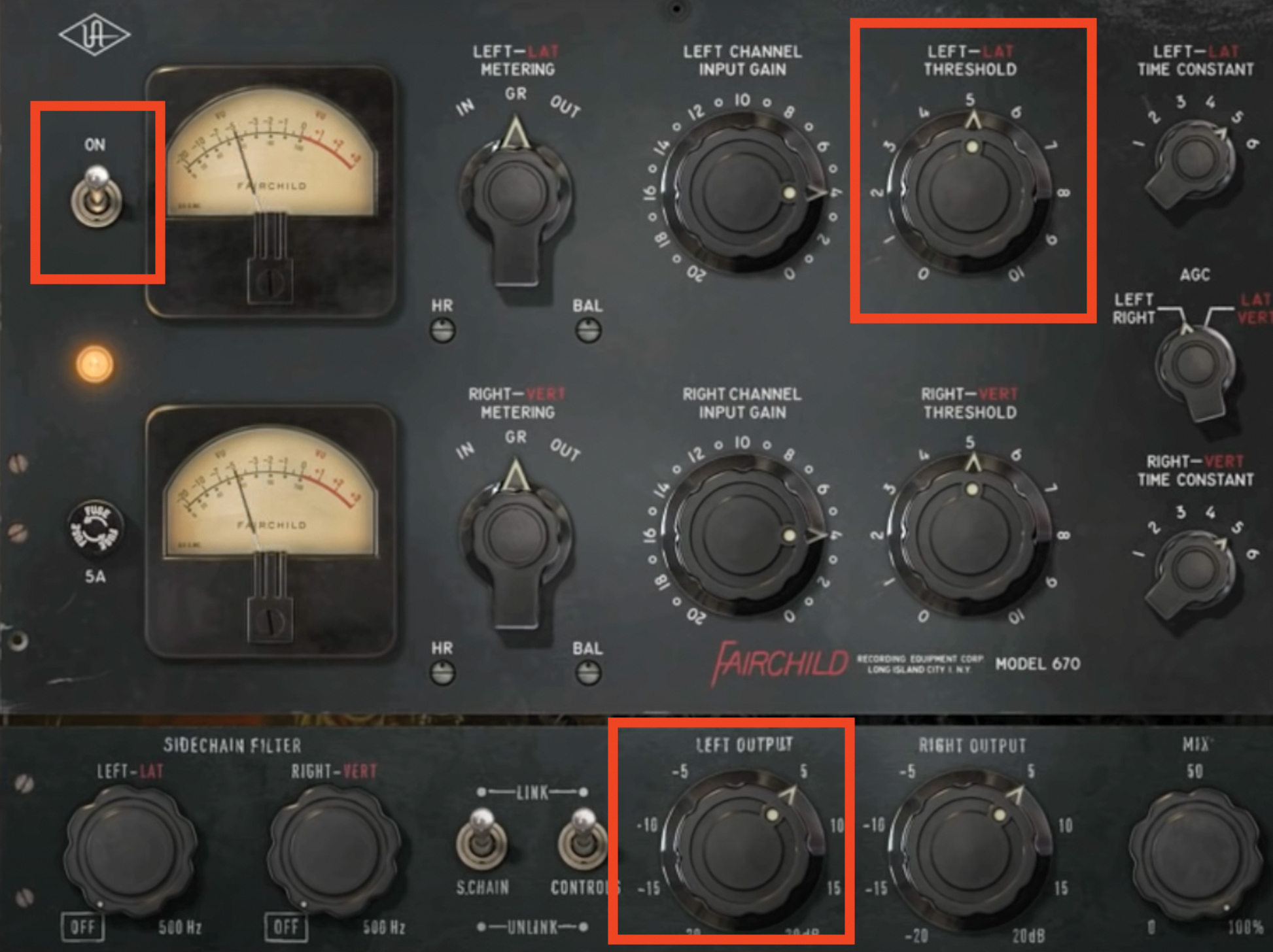
For your drum track, we switch to the stereo 670. We control the level and hear the compressor in action by reducing the Threshold to around half and using the output gain to make up the difference. Engage the On switch to hear how the Fairchild thickens the sound.
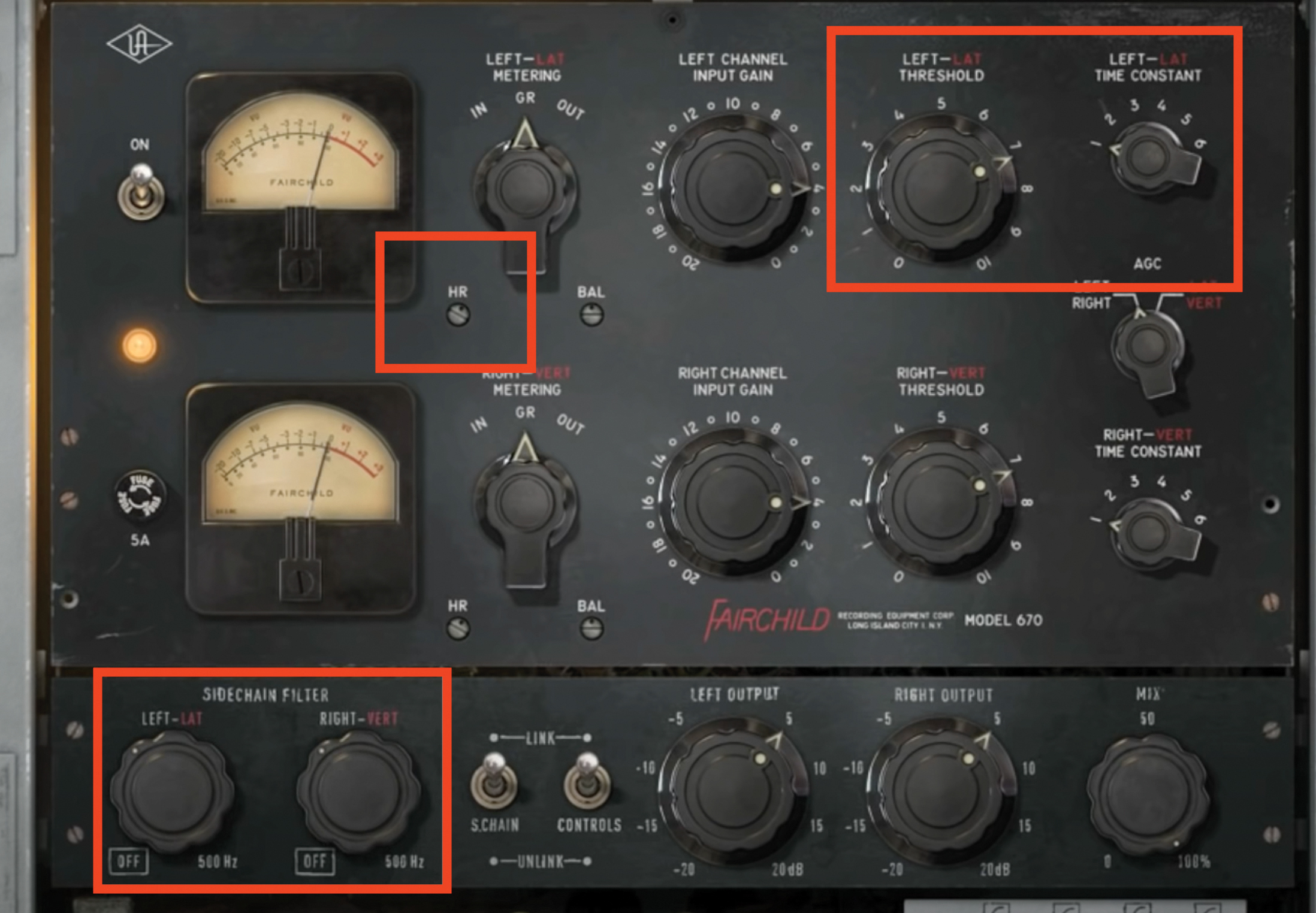
For a more aggressive drum sound, reduce both attack and release times by taking the Time Constant control down to 1 and up the Threshold to 7. You can also adjust the Headroom with the Screw option and Sidechain to increase the effect of the kick and snare.
Want all the hottest music and gear news, reviews, deals, features and more, direct to your inbox? Sign up here.
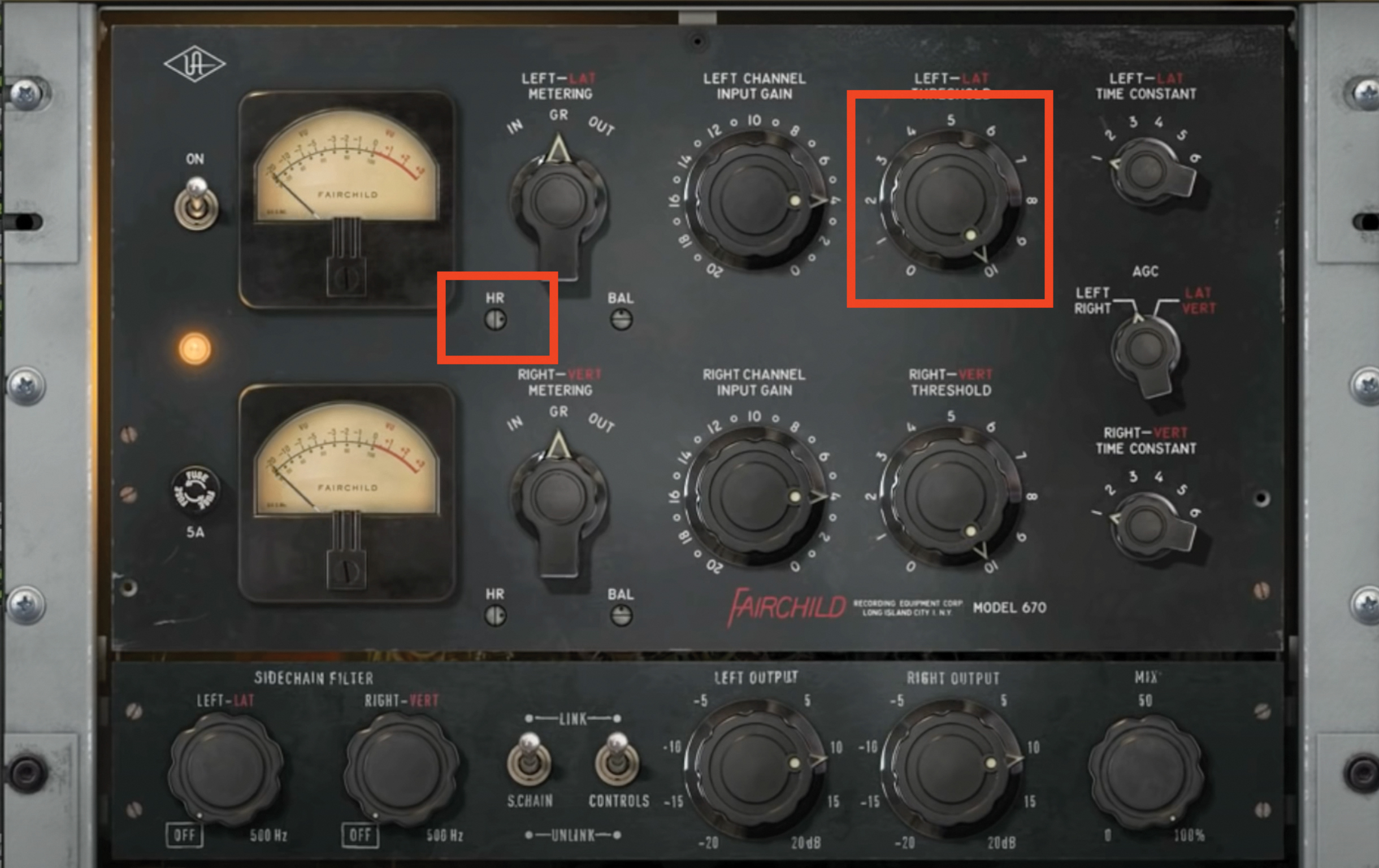
The Headroom screw can be turned even further to maximum, and this, combined with pushing the Ratio to a maximum, delivers the most extreme compression the Fairchild is capable of, great for effects and extreme drums.
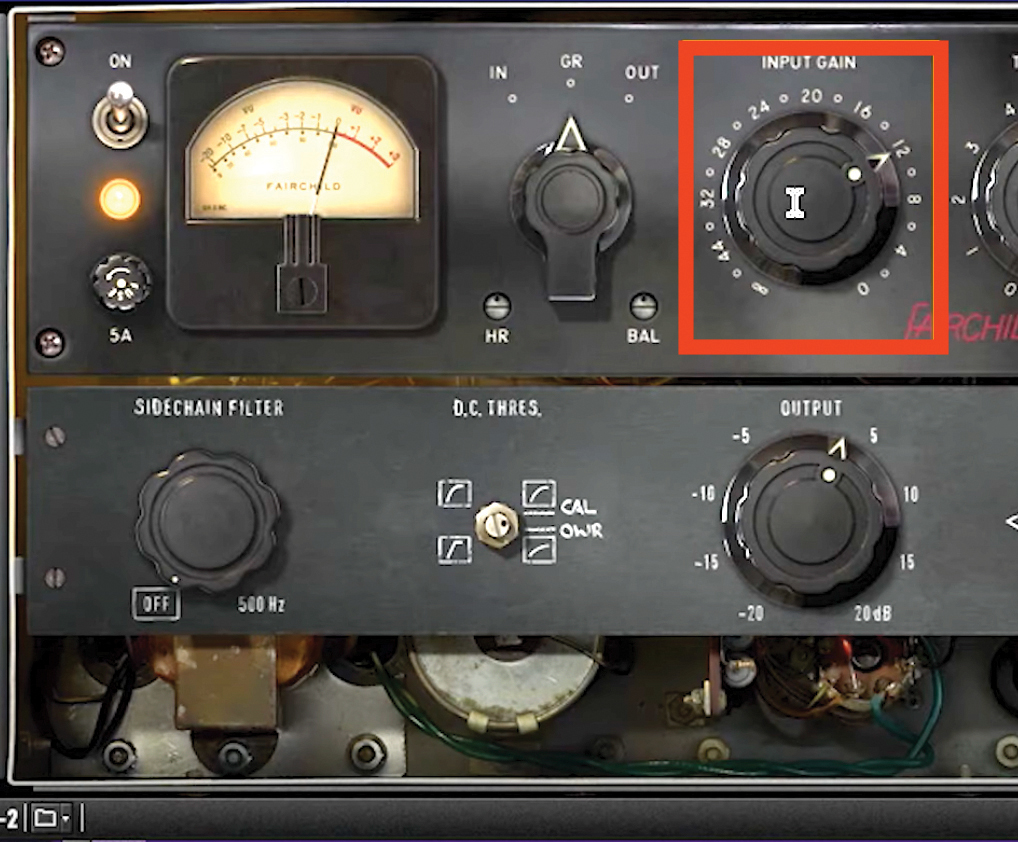
For vocals, we’re back to the 660 unit. You can simply use the Fairchild – as with a lot of ‘analogue’ vintage plugins – just to add some presence to the sound. Simply increasing the Input adds a lovely warmth to the vocal, for example.
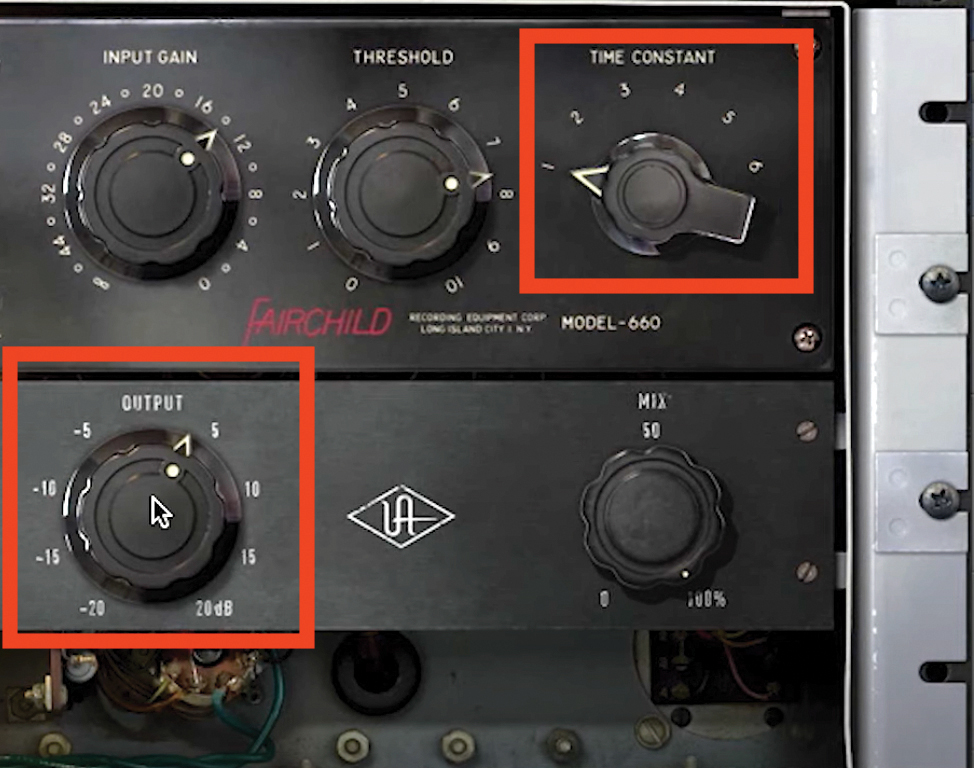
We’ll take the attack and release times down to a minimum (Time Constant 1) and experiment with the Ratio using the Output for make up gain where appropriate. You’re after a silky, even sound that shines through the mix rather being than overly aggressive.
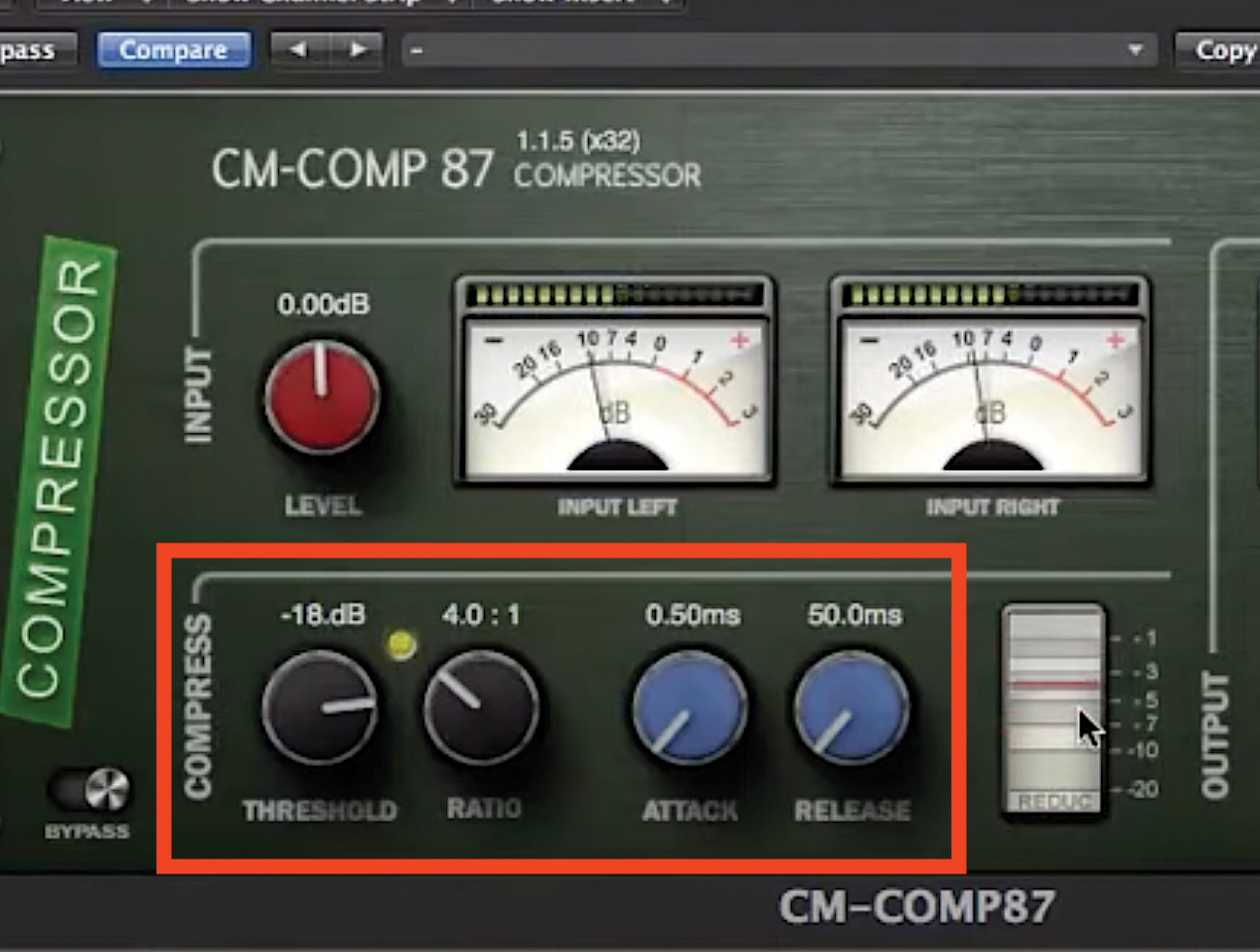
We can get similar results for our mix parts with eaReckon’s CM-COMP 87, a free plugin included with every issue of MusicRadar's sister magazine Computer Music. For more even bass and drum sounds, set the ratio to 4:1, the Threshold to -18dB and fast Attack and Release times. This should tame both drum loops and basslines.
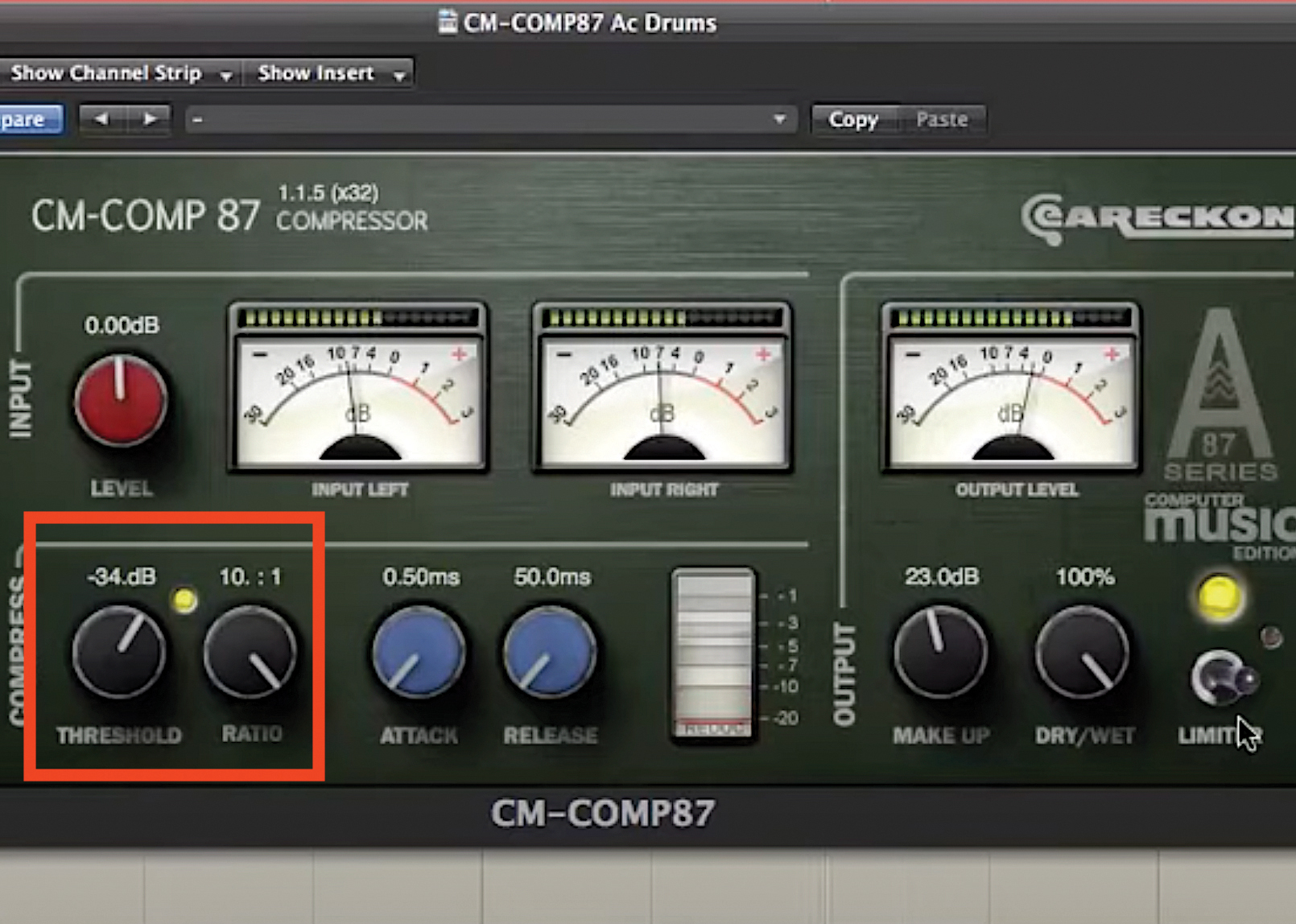
For some of the more extreme compression that we covered with the Fairchild, you can up the Threshold and Ratio values, thus turning CM-COMP 87 into a more creative effect. This works particularly well on drums but any part will benefit.
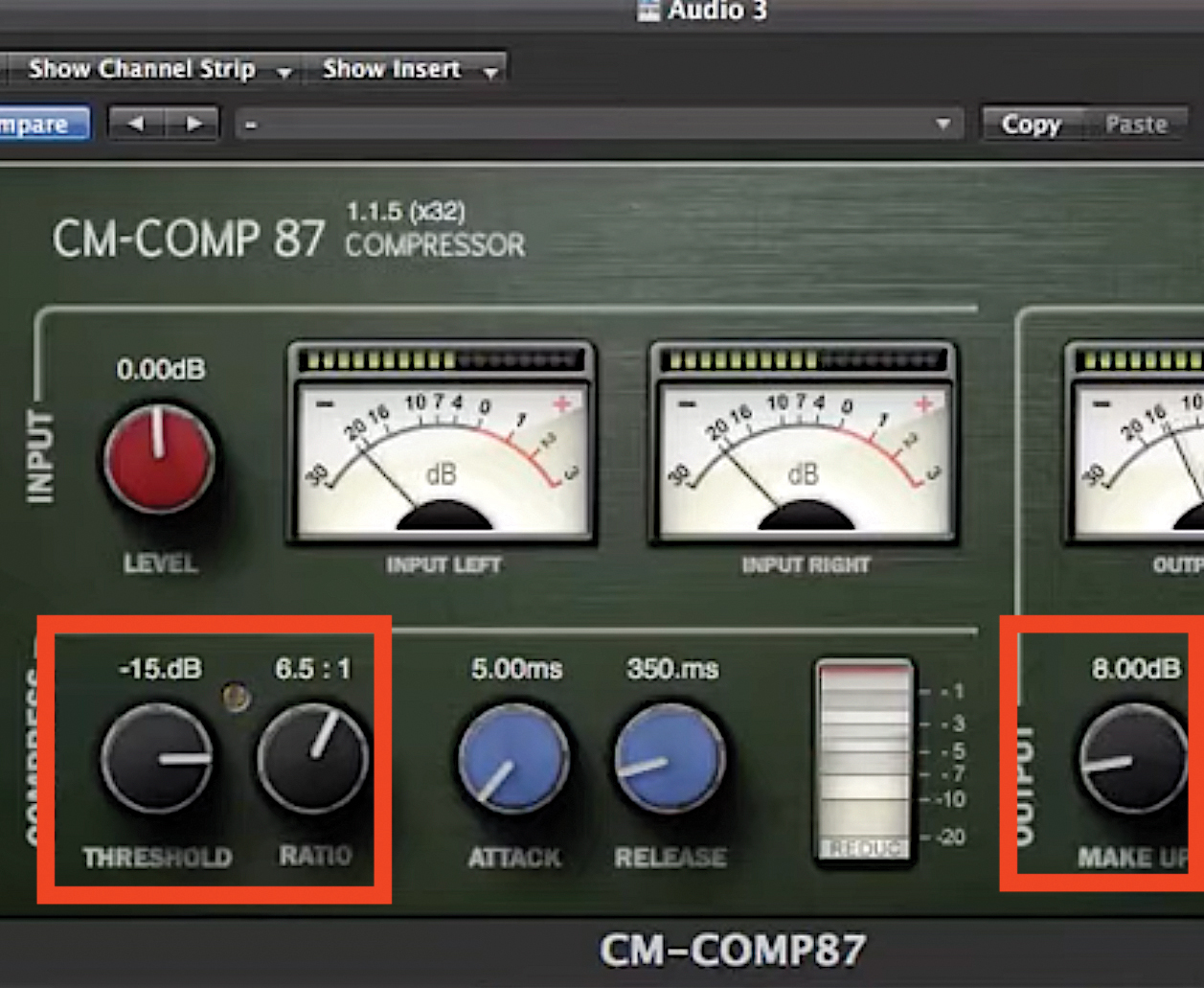
Finally for vocal evening, set the Threshold so that louder parts trigger the green LED and quiet parts don’t. Apply a Threshold of around 6 to tame the louder vocal, and boost the Make Up gain (8dB) to make up for the compression. Your vocals should be more level.
Andy has been writing about music production and technology for 30 years having started out on Music Technology magazine back in 1992. He has edited the magazines Future Music, Keyboard Review, MusicTech and Computer Music, which he helped launch back in 1998. He owns way too many synthesizers.
